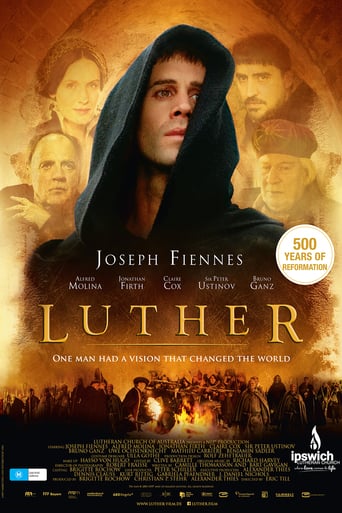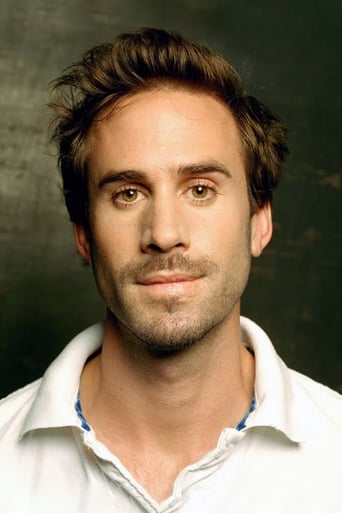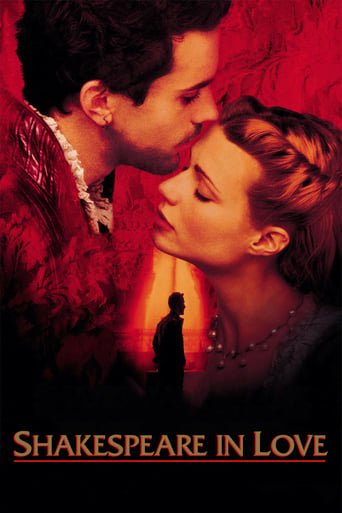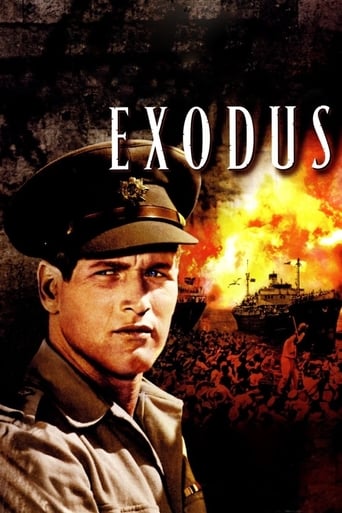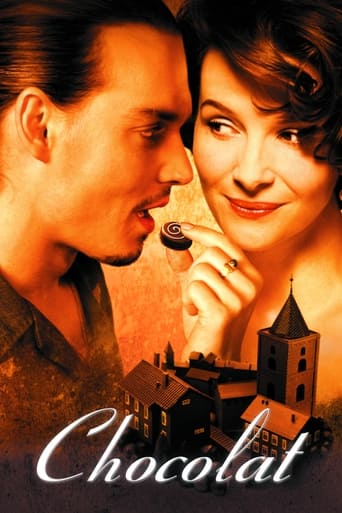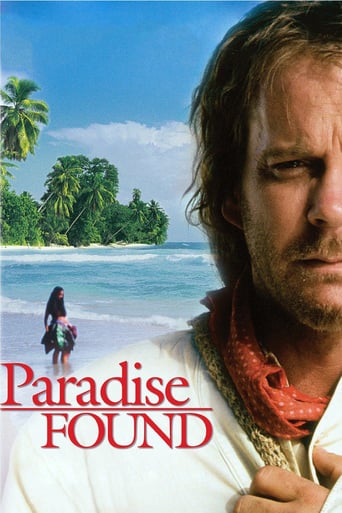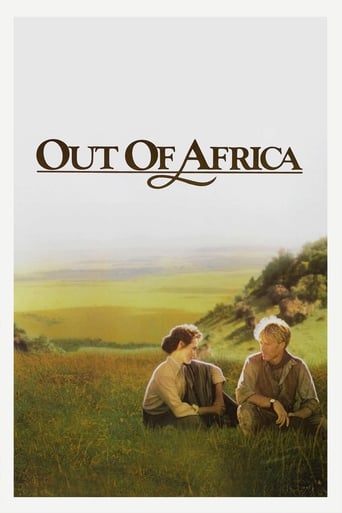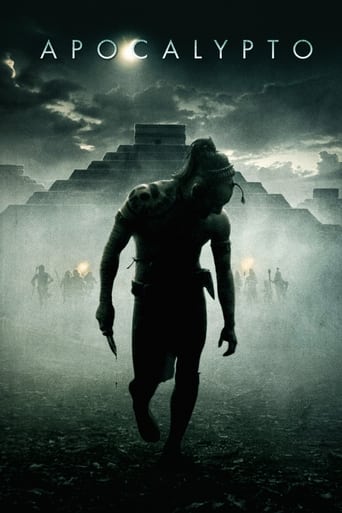Luther (2003)
During the early 16th century, idealistic German monk Martin Luther, disgusted by the materialism in the church, begins the dialogue that will lead to the Protestant Reformation.
Watch Trailer
Free Trial Channels
Cast


Similar titles
Reviews
Really Surprised!
It's no definitive masterpiece but it's damn close.
A Major Disappointment
It is encouraging that the film ends so strongly.Otherwise, it wouldn't have been a particularly memorable film
In retrospect, it is hard to believe that it took until 2003 for a movie about Martin Luther (1483-1546) and the Lutheran Reformation to reach the big screens. Made through the cooperation of the Lutheran and the Catholic Churches, Eric Till's LUTHER begins with Luther's days as a young, novice Catholic monk and ends just as the Lutheran Church itself is being formed. The movie is gorgeous to look at: the settings are beautiful (yet not improbably "clean"), the costumes even more so. Richard Harvey's musical score, as exquisitely crafted as a medieval tapestry, is surely one of the greatest movie scores composed within the last fifteen years. Its main themes stay in the memory long after the screen has gone dark.It is easy to see why Joseph Fiennes, then fresh from Shakespeare IN LOVE, was cast as Martin Luther: thin and fair, even pale, he looks like nineteenth-century depictions of the young Luther by such artists as James Tissot, and not unlike the few from-life portraits of him. Fiennes' long face, with wide hazel eyes that can burn with fear, anger, or compassion, is always "readable," a perfect reflector of emotion. He is great at conveying the young monk's sincere piety, extreme anxiety about Hell, and barely controlled rage at the Church corruption he sees. His scenes with his sympathetic confessor (Bruno Ganz) and his scene before the intimidating Cardinal Cajetan (Mathieu Carriere) are particularly poignant and riveting, as are the scenes in which he visits Rome and sees its corruption firsthand.Though Luther's disillusionment with the Catholic Church is clear in Fiennes' portrayal, the staunch Catholics in LUTHER are not cardboard villains. The kind-faced Alfred Molina, for example, makes indulgence seller Johan Tetzel oddly easy to relate to; you feel that his intentions are pure. Jonathan Firth (younger brother of Colin, just as Joseph Fiennes is the younger brother of Ralph) is an elegant Giralomo Aleander, the Vatican official who oversees Luther's trial. Sir Peter Ustinov (himself a Lutheran), who died just months after LUTHER premiered, is a joy to watch as Prince Frederick the Wise, Luther's supporter. Other delights include the German actor Torben Liebrecht, who looks uncannily like the youthful portraits of the Holy Roman Emperor he portrays; a "cameo appearance" by Louis Cranach, the Renaissance artist who painted Luther's portrait; and a period song with which Claire Cox, who makes the most of her brief scenes as Luther's strong-willed wife, serenades her fiancé.The movie's one drawback is its less-than-perfect screenplay. The "riot" scenes that follow Luther's trial (the smashing of the icons, the Peasants' Revolt) are telescoped, melodramatic, and simply less interesting than are the "theological" scenes. Moreover, the screenplay seems to assume a certain level of prior audience familiarity with both medieval theology and Reformation history; it would be good, then, to know something about both before watching LUTHER. But theology is a hard topic to make entertaining for the masses, and in LUTHER the attempt was very nearly a complete success.
Found this on sale several years back and decided to give it a try. Best blind movie purchase I've ever made.The movie keeps you entertained throughout. Through my own personal study of Luther I did notice a couple of historical inaccuracies but they are so minor they, in my opinion, do not take anything away from the film.My husband and I greatly enjoy this film and have watched it many times. Watch this film. Better yet, purchase this film. If you are a lover of history, religion/theology, or just good cinema I do not think you will be disappointed.
Martin Luther was a rockstar. Now I won't pretend to be knowledgeable in theology or that I remember way back when to school years learning about the Reformation, so whether the ideas and words spoken in the film Luther are correct, I haven't a clue. However, either way I couldn't agree more with them. This is a man that never wanted a revolt; he never portrayed his views as an alternative to the Roman Catholic Church. No, he loved his religion and his God. The ideas and writings were in response to the tyranny of the Romans who usurped power as well as God's breath. The false idol of a Pope was beginning to create doctrines whether they meshed with scripture or not, as long as they were bringing money into the church. With the selling of indulgences to allow for the passage of deceased relatives into Heaven or to save your own soul from sins, we were given the biggest con ever. These people were peasants, unable to read the Bible for which they devoted their lives. They were duped into giving their savings to the church that wouldn't give them the decency of letting their own ideas and interpretations ferment. Luther saw this blasphemy and sought to rid the religion he held so dear of it. When asked to come before the Pope, he seriously thought he'd be able to prove his point and reform a broken system, instead he was given the truththe Pope wasn't interested in change, he was a proponent of the tyranny himself.It isn't that the idea of Catholocism is false; it is just that it is broken by the greed and business of humanity. God should speak to us without the need of a proxy. That middleman seems to only cause hatred and doubt for when one strays from the norm. Luther saw that everything bad about Catholicism was against the scripture of God himself. He could prove his words if only they had given him a chance. According to this film, Luther did not incite the Protestant Reformation, the Catholic Church did so themselves. If only they had listened and looked past the money and the power, they could have united their religion, as Luther wanted, instead they allowed him to be their enemy and gather strength. Sometimes that strength used his name in vain with words such as "learn to despise props and pretensions" as one man strips another of his crucifix, but it is that passion and misguided anger that erupts from a polarized event such as the attempt to prove Luther a heretic. We would not have religious freedom without the gumption and confidence of this theologian. Whether one agrees with what he did or not, you cannot deny him gratitude for that.Does Luther succeed as a piece of work? I must say yes; I couldn't have been made as passionate about the cause as I was without their being some success on the part of those involved. Nothing is really done spectacularly or jumps off the screen screaming genius; no this is a very straightforward and solid film. It does what it sets out to do and never tries to be flashy or inventive because that was not the purpose. The filmmakers set out to tell the tale of a man that is a hero to many, whether they align with his ideas or not. Had Luther not stood up to the Catholics, we in America may still be partaking in the Inquisition, burning friends of yours at the stake for being Lutheran, Methodist, Mormon, Muslin, etc. The beauty of freedom is that you don't have to agree, just agree to disagree. One can be passionate and outspoken, but you don't have to listen. You have the freedom to walk away, not the freedom to repress.As with the story and movie itself, the acting is quite solid too. Joseph Fiennes shows once again that he is the go-to guy for Shakespeare and period pieces, (has he ever done something else?). The moments when he wrestles with his inner demons are intense as are the quiet reflections as he tries to compose an argument in his head so that he can be true to his ideals, true to his faith and God, yet still go against the rules while attempting to keep his life. Of specific mention besides Fiennes would be Peter Ustinov, Jochen Horst, and Bruno Ganz. I'm not sure whether my praise is for Ustinov's performance or for the resilience of moral fortitude on the part of his character Frederick the Wise. He may not agree with the strong words of his professor Luther, but that doesn't excuse the fact that he should be allowed to continue to preach. When Ustinov breaks down after seeing the way the Papacy thought they could bribe him, I couldn't think of a more memorable scene. And when he is given the German translation of the Biblethe most fierce weapon imaginable for the Church as it allowed the commoner the ability to read God's words himselfyou can't help but smile at his absolute glee.Horst is great as a fellow professor in Wittenberg who at first questions this young unconfident monk. Soon though he buys into the rhetoric and becomes his staunchest supporter to the end of being a bit too overzealous. He takes the mantle of Luther to violence and revoltmaybe this was the obvious next step, but Luther would have never gone there himself. And of course there is Ganz. This guy is solid and never takes a wrong turn. As Luther's spiritual father, Ganz is the reason he is sent to teach and spread his ideas. He always wanted his pupil to change the world and rid Catholicism of its poison, however, he never saw the pain and suffering that change would lead to before the dust was to settle into harmony.
The life of the 16th-century German monk Martin Luther (1483-1546) was filled with inner compulsions, focusing on his crucial years of his crusade against the Catholic Church, leading to his break with the Roman Catholic Church Director Eric Till presents Rome as a shattered city where depravity was everywhere This infuriated Luther who could not believe that Rome is a circus describing it as 'a running sewer, where you can bye anything, sex, and salvation, and where they also have brothels for clerics.' He also witnesses the church collecting coins from the people supposedly to free their sins to build Saint Peter's Church and would be therefore released from Purgatory and enter the Heaven Luther was eventually branded a heretic, his books examined and burned, and anyone who presumes to infringe Pope Leo's excommunication will stand under the wrath of Almighty God and the Apostles Peter and Paul The reaction of the peasants in Germany was against the reaction of the Inquisition who was burning his writings For the German people "you can't burn his ideas." For the Church, his works shall be erased from the memory of man! Luther's criticism was not against his Holiness, Pope Leo X, but of those rogues who claim to represent him His goal was not to quarrel with the Pope or the Church but to defend them than mere opinion! The Gospel, as he affirmed, cannot be denied for the word of man! As a loyal son of the Church, Luther finds sanctuary with Prince Frederick, who finds him too daring for him but decides not to surrender him to Rome Luther goes on to produce his first translation of the New Testament Bible into German language He marries the ex-nun, Katerina Von Borg, becomes a hero to the people and in spite of his outlaw status with the Church authorities, his followers ultimately break with Rome Joseph Fiennes played intensely the intriguing story of a brilliant Augustinian monk with an independent mind who is not interested in comfort but in the truth! Sir Peter Ustinovin his final rolerealizes the danger Luther poses to the Catholic Church Alfred Molina as Brother John Tetzel, is the showman terrorizing the good people of Jüterbog into purchasing special indulgences letting everyone know the fires of hell awaiting those who did not contribute Johann Von Staupitz is the spiritual counselor who knows that Martin has aptitude for law, and could be send to Rome for a legal brief Claire Cox is Luther's beautiful wife who stood behind her young 16th century monk driven by courage and outrage against a powerful Medieval Church

